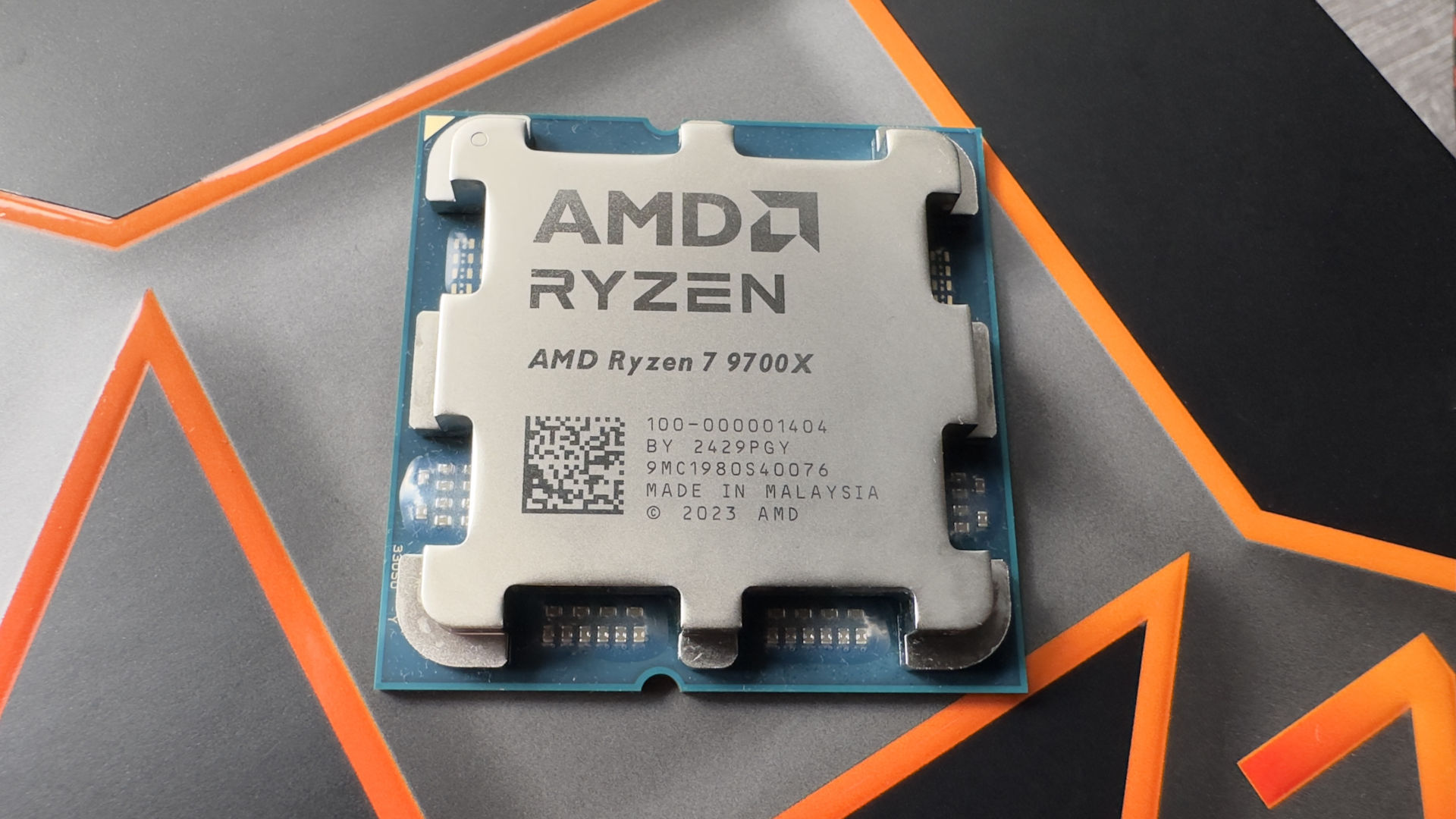Last week, a pretty special result showed up in a widely accessible benchmarking website. It seemingly suggested a new AMD Ryzen 7 9700X3D was on the way. If that sounds too good to be true, it’s because it was. Instead, it was a product of some techies “playing around with Linux.” Turns out they “accidentally submitted” the scores, and the rest is CPU history.
User A_Canadian_boi took to Reddit to explain how they and their friends managed to fool many tech outlets and many more users in the process. They declare, “This is how we did it, and why you can’t trust online bench databases.” Effectively, with the right software, you can change what your CPU displays in your settings, and the group of friends grabbed an overclocked Ryzen 7 9700X CPU, swapped its ID to “9700X3D” and ran Passmark, a CPU testing software.
My friends and I accidentally faked the Ryzen 7 9700X3D leaks. This is how we did it, and why you can’t trust online bench databases. from r/pcmasterrace
CPUBenchmark is a companion site to the Passmark software, where you can check a wider leaderboard-style archive of benchmark results. It’s a pretty good way of seeing how your CPU compares with others, or to mock up the performance you will get from your next purchase.
A_Canadian_boi says, “It turns out that Passmark not only didn’t notice that /proc/cpuinfo didn’t match the CPUID, it actually submitted the result to the real live Passmark database.” It’s worth noting that this spoofing isn’t even exclusive to the Linux platform. On Windows, you can use AMD’s own debugging system to spoof CPUID and therefore give a false score.
The fact that this gets automatically added to Passmark’s benchmark sheet, which can be spotted by anyone who checks the site, adds a certain credence to this find. It’s not just someone on social media claiming the 9700X3D arrived at their door.

And this isn’t a problem with Passmark or any other benchmarking software, specifically. You can spoof and change hardware in many different ways before sending those scores off to be added to the website. It’s more just a problem with the fact that CPUBenchmark can’t literally come to your house, wait with you, and submit your Passmark scores for you. Maybe someday.
We actually came across this news last week, but our Nick pointed out that the clock speeds seemed far too high (at 5.8 GHz), and that, paired with it being a single score, made us not cover it at PC Gamer. However, despite that, it seemed like a tempting bit of news to write up at the time, and if those speeds checked out, they could have passed the sniff test.
“Really, the only solid takeaway here is that we all need to do better at double-checking any rumours.” It’s a good reminder to double-check everything you see online, and probably show a little caution when a CPU is accidentally announced via a single benchmark next time. Either that or AMD is implementing a seriously strange marketing plan for its next CPU.



It’s interesting to see how misinformation can spread so easily in the tech community. This really highlights the importance of verifying sources before accepting benchmark results as fact. Thanks for shedding light on this issue!
Absolutely, it’s surprising how quickly rumors can gain traction. It highlights the importance of verifying sources before sharing information, especially in tech where benchmarks can significantly influence purchasing decisions. Trustworthy reviews and direct manufacturer data are more crucial than ever!